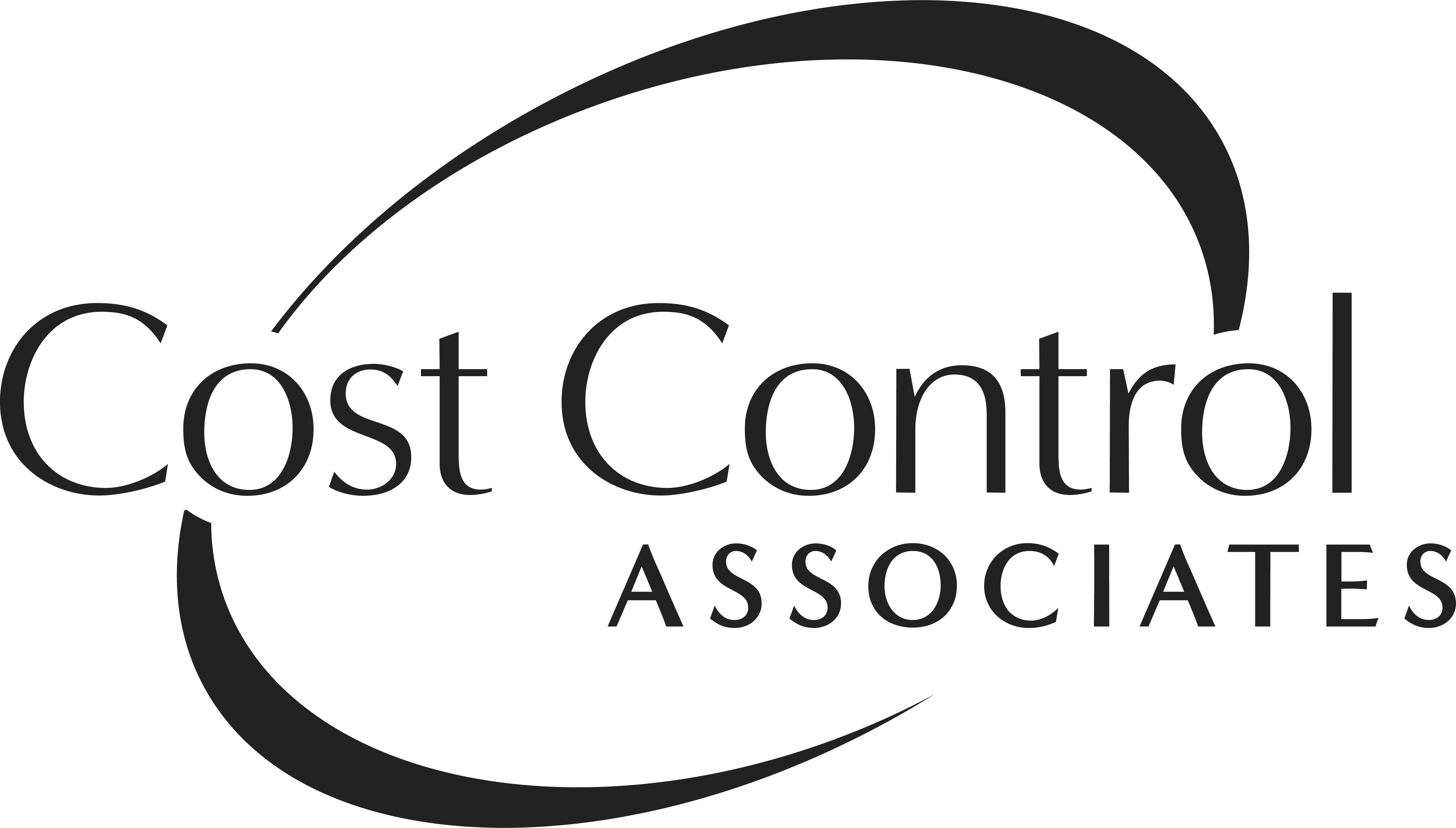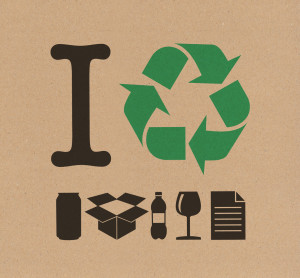It’s hard to believe that organic waste could be a problem for our landfills.
As consumers, we tend to think of organic waste as a good thing. We turn to organic products and packaging to help us avoid the over-use of plastic. We watch our neighbor toss organic waste into a backyard bin and use the compost to nurture lush gardens. For the most part, we sleep soundly, knowing that organic materials decompose, return to the earth and disappear.
It’s time to wake up!
The truth is that organic waste makes up more than 25-30 percent of our total waste stream, and state and city landfills are filled to the brim with organic debris. Even states that score high in recycling rates, 35-40% in Vermont and Massachusetts, face the growing problem of what to do with organic waste.
What is Organic Waste?
Though food waste is the largest culprit, organic waste is defined as anything organic that is naturally compostable. This includes landscape and pruning waste, non-hazardous food waste (e.g., food-soiled paper) and green waste.
Organic waste is dense and takes up precious landfill space. When it decomposes, it produces methane gas, a “greenhouse gas” that traps heat in the atmosphere. In fact, landfills are the third largest source of methane emissions in the U.S. Not all bad, methane gas can be captured and reborn as a renewable energy source used in power plants, manufacturing facilities, vehicles and homes—but not without a commitment to change waste processes and infrastructures.
The Growing Problem
With city populations projected to grow to two thirds of the world population by 2050, legislation for managing organic waste is likely to become commonplace. Massachusetts regulation, which went into effect October 1, 2014, targets businesses producing a ton or more of organic waste per week. Similar to other states, this legislation affects:
- Hotels and restaurant chains
- Universities and hospitals
- Supermarkets, food processors and wholesalers.
To comply with regulations, these businesses must sort and divert organic waste to facilities appropriately equipped for composting. States and cities take on the responsibility for ensuring that they have the infrastructure in place to manage and transport the various and specific organic-waste components emanating from all their waste disposal source locations.
Other states are getting on board, too:
- California passed regulation similar to Massachusetts; it goes into effect April 1, 2016.
- Vermont has had legislation in place since 2012 to regulate large food waste generators.
- Connecticut laws are based on the size of each business and its distance from composting facilities.
- New York City has run pilot programs for residential and commercial compost with a decision pending July 1, 2015 for commercial composting regulations.
Bad Cop, Good Cop
 Part of the challenge of compliance with increasing waste regulation is the need to train people to pay attention and dispose of waste properly. In addition local and state governments must develop new processes and adapt waste facilities accordingly. This will include new sorting procedures, new certifications, keeping tabs on progress and enforcing penalties.
Part of the challenge of compliance with increasing waste regulation is the need to train people to pay attention and dispose of waste properly. In addition local and state governments must develop new processes and adapt waste facilities accordingly. This will include new sorting procedures, new certifications, keeping tabs on progress and enforcing penalties.
The required course of action is likely to hike expenses for businesses and governments, but there are benefits, too:
- The cost of proper disposal of organic waste is typically lower than solid waste—as much as 20 percent! This opens the door to savings for states such as Massachusetts and New York that have higher-than-average disposal fees.
- Proper disposal of organics will reduce greenhouse-gas emissions, and that’s good for the environment.
- Organics provide a new source of clean energy. Trash-to-energy technology can put organics-produced methane to work as it powers composting facilities and energy plants.
- By cutting the amount of waste going to landfills, businesses and governments can minimize their daily and weekly hauling costs.
- Diverting organic waste from landfills will result in the creation of specialized businesses that bring new opportunities for investment and employment.
Happy Ending
If your business or municipality struggles with organic waste disposal, don’t despair. It usually costs significantly less to dispose of organic waste. In addition, there may be opportunity to turn your organics into valuable energy.
Diverting organic waste from your overall waste disposal stream can have a positive impact on your budget. You’ll use smaller containers, have lower tonnage fees and probably reduce the number of pick-ups per month. If managed properly, complying with organic waste regulation may even result in savings for your business. Now, that’s a case of less is more!
Valerie Paquin is manager of energy services at Cost Control Associates. Since 1999 she has developed her utility-cost expertise for energy, water/sewer, telecom and waste removal. She earned the designation of project executive in 2012. Valerie received her ABA in accounting from State University of New York-Adirondack. Learn more.

